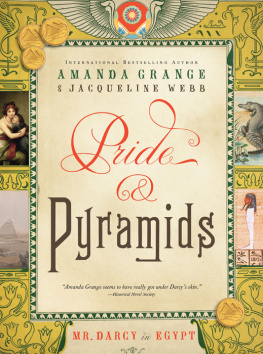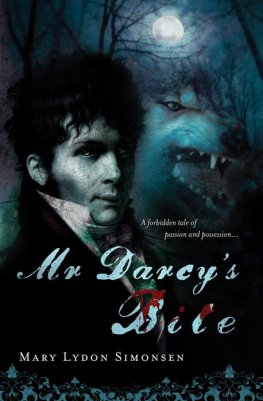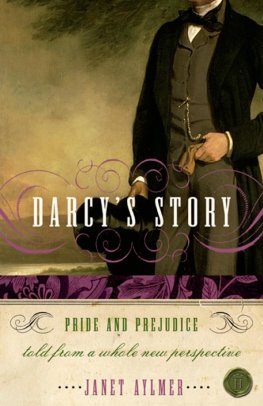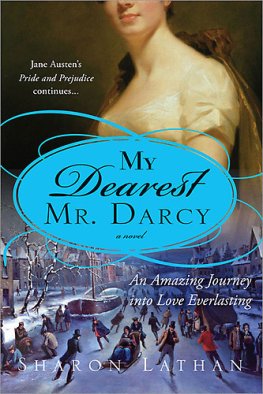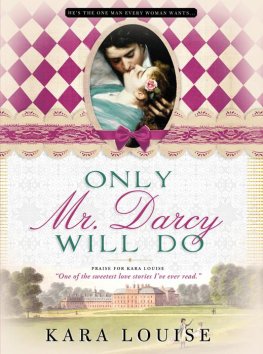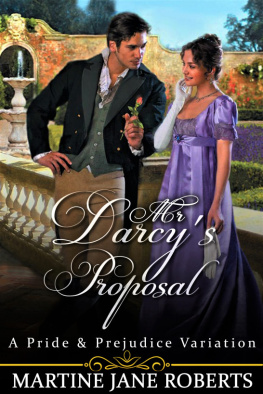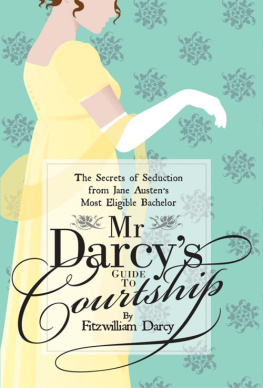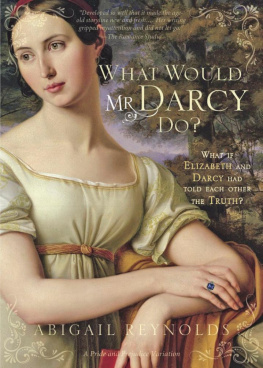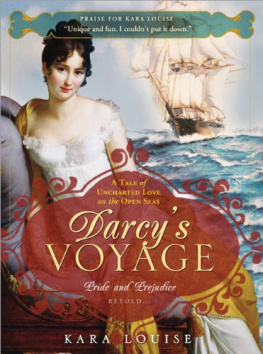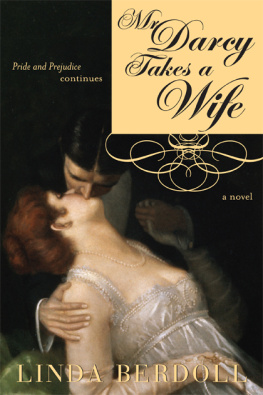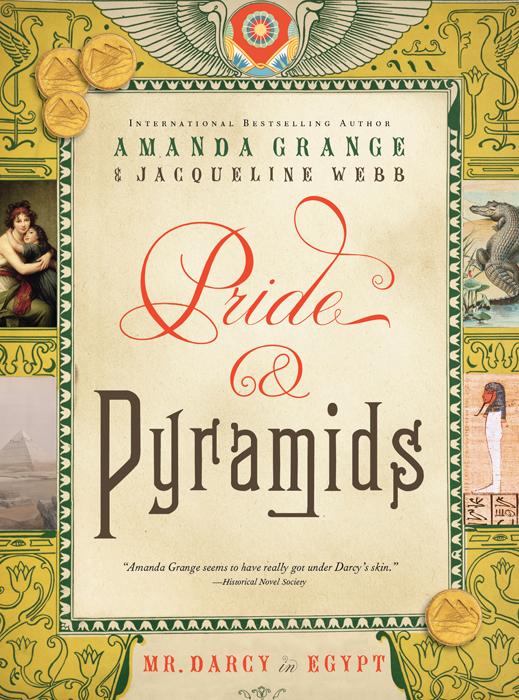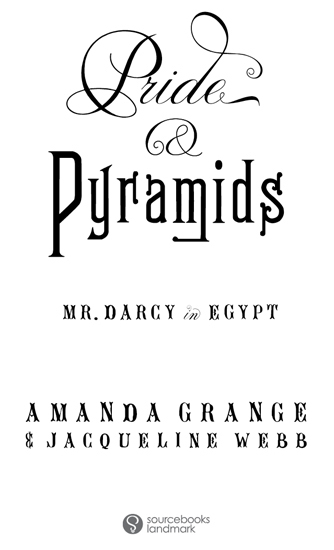Cover and internal design 2012 by Sourcebooks, Inc.
Cover images W.D. & H.O. Wills/New York Public Library; Haghe, Louis & Roberts, David/New York Public Library; Giraudon/Bridgeman Art Library; Gang Liu/iStockphoto.com; Mateusz Koc/iStockphoto.com
Sourcebooks and the colophon are registered trademarks of Sourcebooks, Inc.
All rights reserved. No part of this book may be reproduced in any form or by any electronic or mechanical means including information storage and retrieval systemsexcept in the case of brief quotations embodied in critical articles or reviewswithout permission in writing from its publisher, Sourcebooks, Inc.
The characters and events portrayed in this book are fictitious or are used fictitiously. Any similarity to real persons, living or dead, is purely coincidental and not intended by the authors.
Published by Sourcebooks Landmark, an imprint of Sourcebooks, Inc.
P.O. Box 4410, Naperville, Illinois 60567-4410
Grange, Amanda.
Pride and pyramids : Mr. Darcy in Egypt / by Amanda Grange and Jacqueline Webb.
p. cm.
1. Darcy, Fitzwilliam (Fictitious character)Fiction. 2. Bennet, Elizabeth (Fictitious character)Fiction. 3. EnglishEgyptFiction. I. Webb, Jacqueline. II. Title.
Chapter 1
Elizabeth Bennet ran down the stairs of the Darcys London home with a lightness that belied her thirty-five years. The Darcy family had just returned from Kent, where they had been visiting their de Bourgh relatives, and they were spending a week in London on their way back to Pemberley.
As she arrived in the hall, she met Darcy, who was still recognisably the man she had married fifteen years previously. In fact, if anything, he was more handsome. Age had improved him. His face had lost its former look of habitual arrogance and he wore an expression that made her heart lift. His dark eyes lit up as he saw her and he held out his hand, inviting her to join him as he stood looking up at an empty space on the wall.
I think that spot will suit the portrait very well, he said, putting his arm around her.
Elizabeth followed his gaze and tried to imagine a picture of herself, her husband, and her children hanging there. As she did so, she felt how strange it was to have her likeness painted and then exhibited in such a way. Although it was nothing new for Darcy, who had been the subject of a variety of portraits throughout his life, she could never quite accustom herself to having her picture painted. She always wanted to get up and stroll around the room instead of sitting still for the artist, and once the painting was finished, she found it disconcerting to come across a life-sized image of herself when she turned an unwary corner in the gallery or on the stairs of Pemberley.
I have just received a letter from Elisabeth Le Brun, and she has agreed to paint the portrait, he said. I am glad. There is an air of informality about her work which will suit you very well.
Elizabeth, too, was pleased. Her namesake was famous for producing images of people with loose hair, flowing clothes, and natural poses, instead of presenting them in a stiff and formal manner. Perhaps this portrait would not be as trying as the others.
Will she come to England? asked Elizabeth.
Alas, no, but she has agreed to work from sketches. Her assistant will make them for her.
The young man we met last week? I cannot recall his name but I liked him.
His name was Mr Paul Inkworthy, and yes, it is him.
It is probably just as well she will not be coming herself, said Elizabeth, as the sound of her childrens noisy play assailed her ears. I think our children would frighten her away! At least now it is her assistant who will have the trouble of making them stand still, if such a thing is possible.
Beth will be no trouble, said Darcy fondly, as they entered the drawing room.
Their eldest daughter was sitting on the window seat, quietly reading a book. Although named after her mother, and although she had her mothers dark hair and eyes, in all other ways thirteen-year-old Beth took after Elizabeths sister, Jane. She was mild tempered and sweet natured, always seeing the good in others. With her calm and optimistic disposition, she went through life as serenely as a swan sailing on the water.
William, too, would be no trouble. At twelve years old, he was already much like his father: proud and honourable, although inclined to be haughty.
Eleven-year-old John, named after Elizabeths father, took after Darcys cousin, Colonel Fitzwilliam. The main grievance of Johns life was that his father did not yet consider him old enough to follow in the colonels footsteps by joining the army.
Laurence, two years younger, took after his aunt Lydia. Wild, enthusiastic, and energetic, he was always into mischief, and his eight-year-old sister, Jane, followed him into every scrape and piece of trouble.
How unlike her namesake she is, said Elizabeth, looking at her daughter with fond exasperation.
Jane had just run in from the garden, bringing a trail of soil with her. It stretched all the way from the flower borders, in through the French windows, and then onto the rug behind her.
And how like her mother, said Darcy, as his eyes drifted down to her petticoats, which were six inches deep in mud.
Elizabeth laughed.
I have not provided you with very genteel children, I fear, she said.
No? asked Darcy, picking up Margaret, the youngest at six years old. There are very few children as genteel as Meg.
Elizabeth looked at her neat little girl with love and affection. With that I have to agree.
At that moment, John and Laurence erupted into an argument, while William tried to play justice of the peace and ended up with a punch on the nose for his trouble.
The sooner the boys are back at school the better, said Darcy, adding pointedly, All of them.
Elizabeth stiffened. She had accustomed herself to losing the older boys to their school each term, but she was not yet ready to let Laurence join them.
She had managed to keep him at home thus far because he had had a bout of ill health, but now that he was well again, the subject of school kept rearing its head. The idea was normal for Darcy. He himself had been sent away to boarding school, as had Georgiana. But for Elizabeth it was a strange thing, for she and her sisters had all been educated at home.
Not yet, she said firmly. Laurence is still too young. His tutor is giving him an excellent education and there is nothing to be gained by sending him away.
His tutors are finding it difficult to hold his attention, and besides, I was at school by his age, said Darcy.
And see what it did to you , Elizabeth had to stop herself saying.
Dearest Elizabeth, boys need discipline, Darcy continued teasingly but firmly.
Dearest Fitzwilliam, they can find all the discipline they need at home, said Elizabeth, just as teasingly and no less firmly.
Can, perhaps. But do? No. You are not very good at discipline, he said.
My sisters and I Elizabeth began.
But that is just it. You were born into a family of girls. We do not have just daughters; we have sons as well. I have given in to you over the girls education, but now I expect you to give way over the boys schooling. You cannot keep Laurence tied to your apron strings forever.

